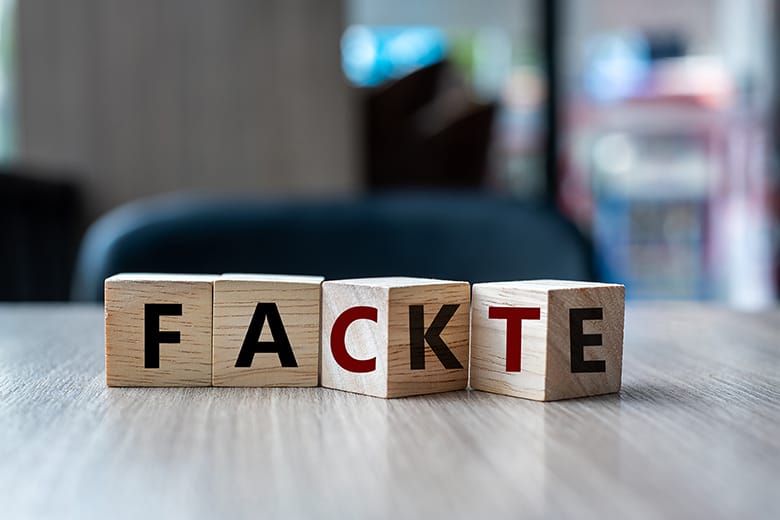
How do notable individuals use social media?
I think notable individuals use social media for the same reasons as ordinary people – to connect with others and to get information or news from social media. The one difference is that celebrities use social media as a marketing tool to attract the attention of the general public and enhance their reputation. National governments, on the other hand, use social media to communicate social systems or to answer controversial political topics of the day.
Sophie points out in the video that she expresses herself differently on the two social media platforms, Twitter and Instagram. She tweets her own opinions, while on Instagram she prefers to post about her daily life.
Explore the video provided and reflect on the themes and questions above, reflecting on how you would curate your social media with a critical public audience.
In this week’s interview with Professor Jesse Miller and Sophie Liu, Sophie Liu discusses how she conducted her work before she used social media. Sophie’s first radio news job was at CKIQ, where she was using letters and the phone book to reach out to others at work. In addition, Sophie mentions in the video that depending on the social media platform chosen, her posts and the digital identity she has acquired vary greatly. Sophie sees social media as a platform to represent herself and and pursue continuous learning. When Sophie confronts audiences who post insulting comments, she mutes them rather than trying to block them and thus give them the satisfaction.
Identify the risks and benefits of engaging with a public audience in a media space- what are the risks for a public figure or person in a position of trust (educator, lawyer, government official)?
There are many risks and benefits when engaging the public in one’s media space. The risk of engaging with a public audience in a public figure’s media space is creating fake news. Fake news is misleading information that is close to the real story and yet false, generated to mislead the masses. Fake news travels fast and can often be very damaging to people. Because people are often biased, we usually only read news that interests us and the system recommends only what it thinks we are interested in, which results in media users being subject to selection bias. In addition, the second risk is privacy. In 2019, it was reported in the media that internal employees of the social media platform Snap had access to user data, including geolocation, mobile phone numbers, email addresses and other personal information, through specific tools, and that multiple employees abused this power to spy on users without permission. It is therefore even more important for public figures to be careful about the information they share online, as these risks of social media can have serious implications for their lives and careers. Another point that is specific to some people is that some public figures are subject to gender discrimination because she is female or of the same sex. And the benefit of engaging with a public audience is that it keeps the public figure relevant. The masses can get updates on the state of society through posts shared by public figures.
How to best address negative replies and critiques reflective of your personal values and employers social media policy?
Sophie Liu shared in an interview that when she receives negative replies and comments, she solves the problem by muting them rather than trying to block them, as this may give the user who sent the negative comment the satisfaction. In my opinion, when I receive comments that I disagree with or don’t like my opinion, I will read them, but I won’t change my opinion because of them.
Leave a Reply